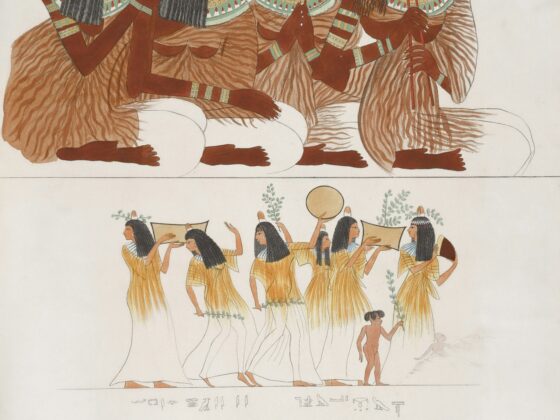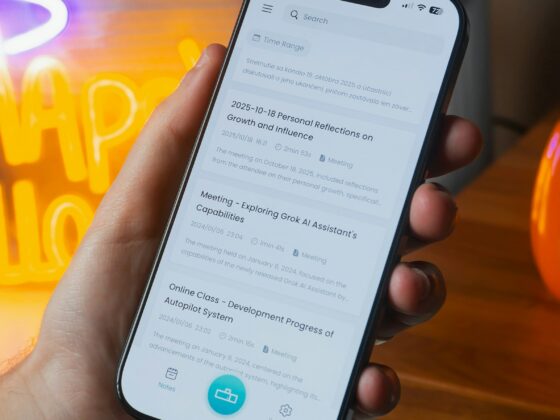When conversation becomes the booking engine
“Users can now plan and confirm their bookings without ever leaving ChatGPT” announced OpenAI when it launched its first integrations with travel giants Booking.com and Expedia.
Ariane Gorin, CEO of Expedia Group, already saw “immense potential for creating seamless travel experiences”. In practical terms, this integration allows internet users to ask ChatGPT: “Find me a hotel in Paris from 13 to 20 December for less than £150 per night” and the tool then displays several illustrated and up-to-date options before redirecting the user to the distribution platform to finalise their booking.
But this conversational model is still in its infancy. OpenAI is taking things further with Operator, an intelligent agent capable of performing actions on behalf of the user, such as browsing a website, clicking, filling out a form or making a payment. It is no longer just a search engine, but a true transactional agent, with the user delegating the act of booking to an AI capable of acting on its own.
This development is about to change (almost) everything. Hoteliers no longer deal directly with travellers, but with an algorithmic agent that interprets their needs and makes the decision. The battle for distribution is therefore no longer about search engine optimisation, but about the ability of hotels to make their offerings clear and attractive to AI.
Towards the definitive end of rate parity?

For nearly two decades, rate parity has structured the market. OTAs could monitor the public prices displayed by hotels and enforce global rate consistency.
But “parity control depends on transparency” industry experts point out. However, in an environment where every interaction is private, this transparency could well disappear. OTA algorithms can scan public websites, but they cannot spy on conversations between a traveller and an AI agent, at…








